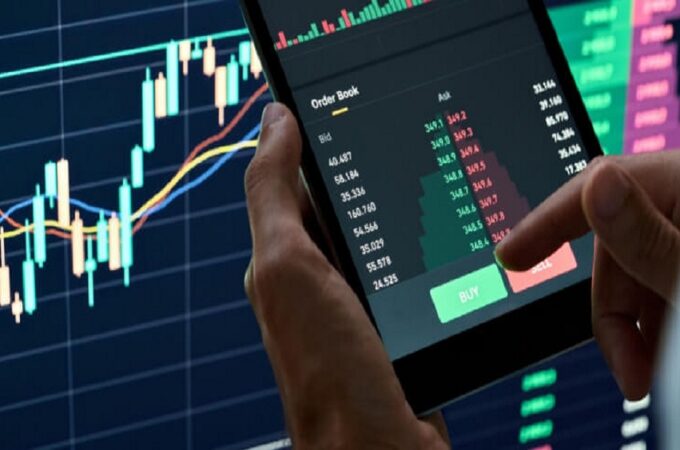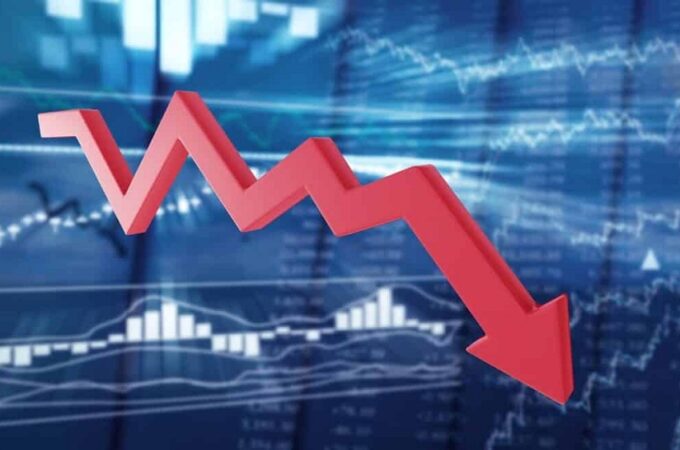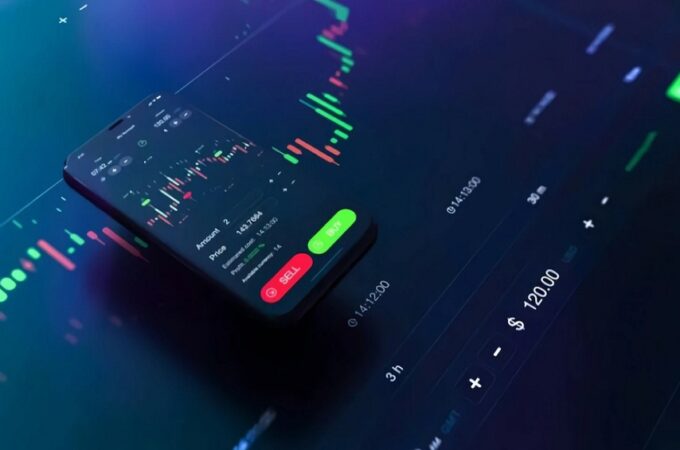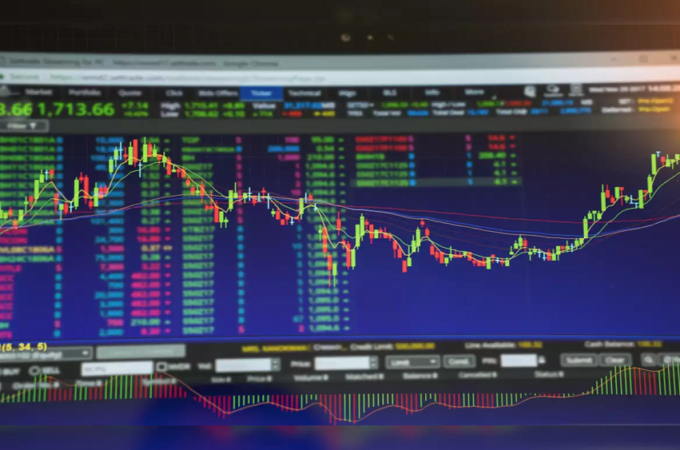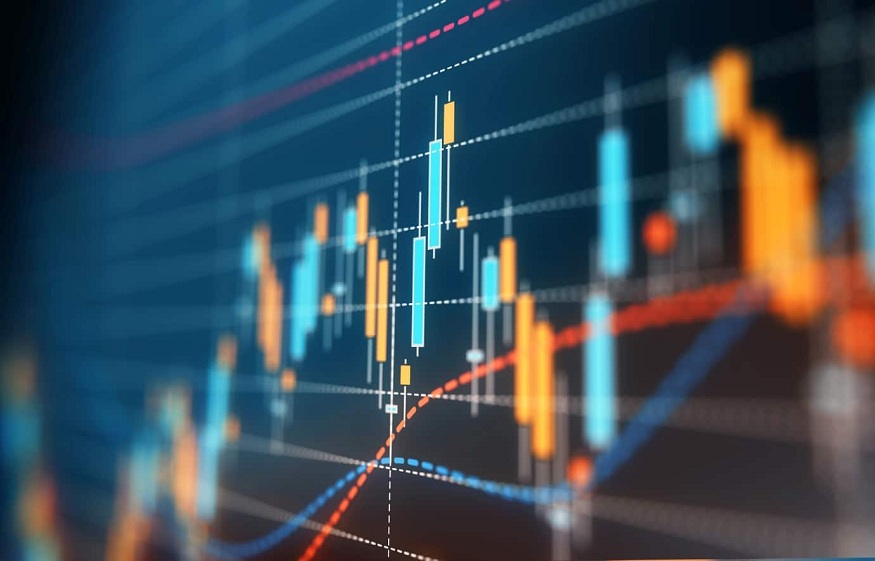
Beyond the basics: Advanced forex trading tips for experienced traders
Forex trading, often touted as one of the most liquid and potentially lucrative markets, offers a challenging yet rewarding environment for experienced traders. While beginners focus on grasping the fundamentals of currency pairs and basic trading strategies, experienced traders delve deeper into the intricacies of the market to unlock new dimensions of success.
This article explores advanced forex trading tips that can help seasoned traders enhance their strategies, manage risks effectively, and make informed decisions in the ever-changing forex landscape.
Mastering technical analysis for precision
Technical analysis is a cornerstone of forex trading, providing traders with insights into price trends, patterns, and potential market reversals. For experienced traders, mastering advanced technical analysis techniques can elevate their trading game. Integrating concepts like Fibonacci retracements, Elliott Wave theory, and Ichimoku Clouds can provide a more nuanced understanding of market dynamics.
Using a combination of technical indicators can yield more profound insights. Oscillators like the Relative Strength Index (RSI) and Moving Average Convergence Divergence (MACD) can provide valuable overbought and oversold signals, while Bollinger Bands can indicate market volatility. By integrating these tools, traders can refine their entry and exit points, leading to more accurate and timely trades .
Buy and sell crypto currency so visit here swissmoney
Harnessing fundamental analysis for informed decision-making
Beyond technical analysis, fundamental analysis is crucial in advanced forex trading. Experienced traders understand the impact of economic indicators, central bank decisions, and geopolitical events on currency pairs. To excel in this area, staying updated on global economic news and interpreting its implications for the forex market is essential.
Incorporating quantitative data like interest rate differentials and economic growth rates can also provide a broader perspective. Central bank statements and monetary policy reports offer insights into a country’s economic health and future outlook. By combining fundamental analysis with technical indicators, traders can make well-informed decisions considering short-term market movements and long-term trends.
Advanced risk management strategies
Risk management becomes even more critical as traders progress to advanced levels. Techniques like position sizing, stop-loss orders, and trailing stops can help mitigate potential losses. For instance, allocating a fixed percentage of the trading capital to each trade reduces the risk of overexposure to a single position. Setting tight stop-loss levels and utilising trailing stops can lock in profits as a trade moves favourably while minimising losses if the market turns against the trader.
Diversification is another advanced risk management approach. Traders can diversify their portfolios by trading different currency pairs and exploring other financial markets like commodities and indices. This strategy helps spread risk across various assets and reduces the impact of a single losing trade.
Algorithmic and automated trading
As technology advances, algorithmic and automated trading strategies become increasingly prevalent in the forex market. Experienced traders can leverage algorithmic trading to execute trades based on predefined criteria without emotional interference. Automated trading systems can monitor multiple currency pairs simultaneously, execute trades at lightning speed, and adhere to predetermined risk parameters.
Traders can also develop custom algorithms based on their strategies or modify existing ones to suit their preferences. This enables them to stay ahead of market movements even when they are not actively monitoring them. However, it’s crucial for traders to continuously monitor and optimise these algorithms to ensure they remain effective in changing market conditions.
Advanced strategies for trading volatile markets
Volatile markets present both challenges and opportunities for advanced forex traders. During periods of high volatility, sharp price movements can occur suddenly, making it essential for experienced traders to have a strategic approach. One advanced strategy uses volatility indicators, such as the Average True Range (ATR), to gauge market volatility. Traders can adjust their position sizes and stop-loss levels based on the current market volatility, helping to manage risk effectively.
Advanced traders can also consider breakout and momentum strategies during volatile times. Breakout trading involves identifying critical support and resistance levels and entering positions when the price breaks through these levels, often signalling a potential trend continuation. Momentum trading capitalises on the rapid price movements seen in volatile markets by entering trades in the direction of the prevailing trend.
To that end
Navigating the advanced realm of forex trading requires technical expertise, fundamental understanding, risk management skills, and a keen sense of adaptability. As traders progress from basic strategies to advanced techniques, they open the door to a world of nuanced trading possibilities.
Mastering advanced technical and fundamental analysis, implementing sophisticated risk management strategies, and exploring algorithmic and automated trading can set experienced traders on a path to achieving consistent success in the dynamic and challenging world of forex. By staying disciplined, continuously learning, and adapting to changing market conditions, advanced traders can navigate the complexities of the forex market with confidence and finesse.

